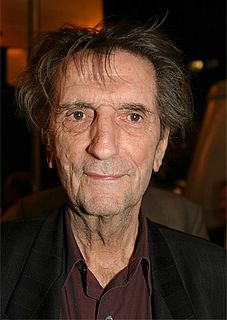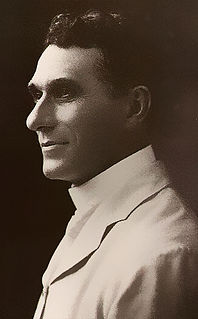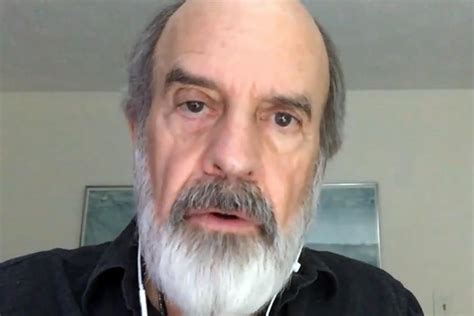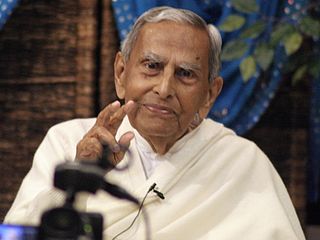A Quote by Aiden Wilson Tozer
As a sunbeam perishes when cut off from the sun, so man apart from God would pass back into the void of nothingness from which he first leaped at the creative call.
Related Quotes
The thing that was forfeited in the garden was regained. God gave him [Adam] dominion over the works of His hand. God made him His understudy, His king to rule over everything that had life. Man was master, man lived in the realm of god. He lived on terms of equality with God. God was a faith God. All God had to do was to believe that the sun was, and the sun was. All God had to do was to believe that the planets would be, and they were. Man belonged to God's class of being - a faith man, And he lived in the creative realm of God
Oh, what a catastrophe for man when he cut himself off from the rhythm of the year, from his unison with the sun and the earth. Oh, what a catastrophe, what a maiming of love when it was a personal, merely personal feeling, taken away from the rising and the setting of the sun, and cut off from the magic connection of the solstice and the equinox!
This is what happens to man in death. He puts off his overcoat, or what we call the physical, the gross body, and he is clothed in what, for the time being, I would call the astral body. The man continues to be the same, even as I would continue to be the same, if I took off this shawl. I would then appear to you in my shirt, but I would continue to be the same man.
All the lies and evasions by which man has nourished himself civilization, in a word is the fruits of the creative artist. It is the creative nature of man which has refused to let him lapse back into that unconscious unity with life which characterizes the animal world from which he made his escape.
Since Copernicus, man seems to have got himself on an inclined plane-now he is slipping faster and faster away from the center into-what? into nothingness? into a 'penetrating sense of his nothingness?' ... all science, natural as well as unnatural-which is what I call the self-critique of knowledge-has at present the object of dissuading man from his former respect for himself, as if this had been but a piece of bizarre conceit.
Imagine the first discovery that one of these epidemics was man-made—the panic, the violence that would ensue. That’s where the end would come. A typhoon kills a few hundred people, does a few billion in damage, and what do we do?” Erskine interlocked his fingers. “We come together. We put the pieces back. But a terrorist’s bomb.” He frowned. “A terrorist’s bomb does the same damage, and it throws the world into turmoil.” He spread his hands apart like an explosion going off. “When there’s only God to blame, we forgive him. When it’s our fellow man, we must destroy him.
You know they call corn-on-the-cob, "corn-on-the-cob", but that's how it comes out of the ground. They should just call it corn, and every other type of corn, corn-off-the-cob. It's not like if someone cut off my arm they would call it "Mitch", but then re-attached it, and call it "Mitch-all-together".
At the center of our being is a point of nothingness which is untouched by illusion, a point of pure truth, a point or spark which belongs entirely to God, which is never at our disposal, from which God disposes of our life, which is inaccessable to the fantasies of our own mind or the brutalities of our own will. This little point of nothingness and of absolute poverty is the pure glory of God in us.





































